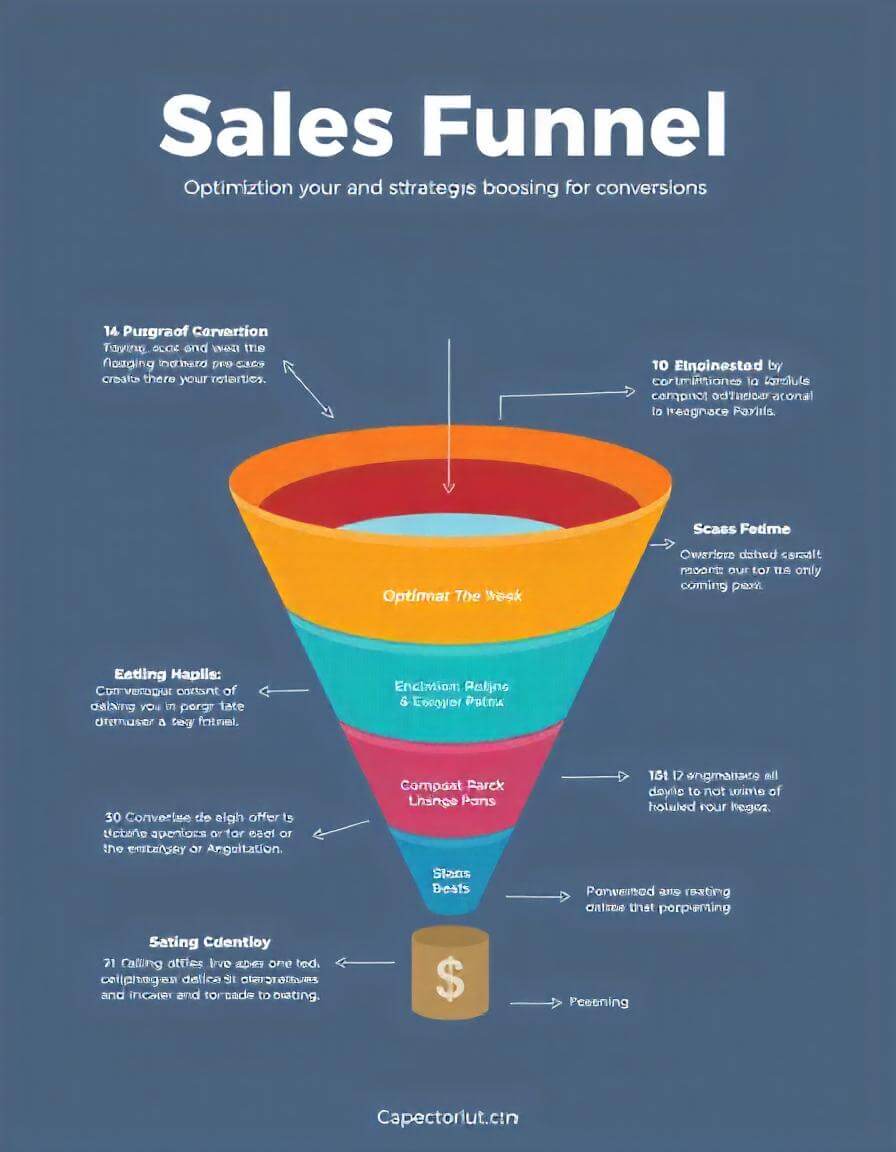Unpacking Franchising as a Growth Strategy
Franchising can be a powerful way to expand your business and reach new markets. But how do you know when your business is ready to take this step? This post will delve into key considerations, benefits, and preparations necessary to franchise your business.
Franchising is when a business owner (the franchisor) licenses their business model and brand to others (franchisees) in exchange for a fee. It allows the franchisee to run their own branch of the business under your established brand.
Understanding the Right Time to Franchise your Business
Is Your Business Ready?
The decision to franchise should not be taken lightly. Consider franchising if your business has a proven track record of profitability and a strong, replicable business model. Key indicators include consistent revenue growth, a solid customer base, and distinctive branding that can be easily communicated and adopted.
Financial Stability: A Must-Have
Before you even consider to franchise your business, ensure your financial house is in order. Prospective franchisees will need to see clear, organized financial statements and evidence of sustainable profits.
What are the Pros and Cons of Franchising?
Pros:
- Rapid Expansion: Franchising allows for faster business growth without requiring you to invest directly in new locations.
- Shared Financial Responsibility: The franchisee covers the costs of opening and operating their location, reducing your financial risk.
- Increased Brand Presence: As more franchise locations open, your brand visibility increases, which can attract more customers and franchisees.
Cons:
- Loss of Control: Although the franchisee operates under your brand, you have limited control over their daily operations.
- Training and Support: You’ll need to invest in comprehensive training programs and continuous support to ensure that franchisees maintain your brand standards.
- Legal Complexity: Franchising involves complex contracts and legal requirements. Without careful planning, it can expose your business to risks.
Preparing Your Business for Franchising
Develop a Strong Support System
Prepare to offer extensive support to your franchisees, including training programs, operational guides, and marketing assistance. Ensuring your franchisees are well-equipped is crucial for maintaining brand consistency.
Legal Considerations
Consult with a lawyer specialized in franchise law to draft a Franchise Disclosure Document (FDD) and to understand the regulatory requirements of franchising in different regions.
How To Prepare For Franchise
1. Develop a Comprehensive Franchise Plan
A franchise plan outlines your franchise’s financial model, fees, training, operational guidelines, and growth projections. It should include:
- Franchise fee structures
- Royalty percentages
- Marketing strategies
- Territory rights
- Franchisee support programs
A solid plan helps franchisees understand how your business operates and how they’ll benefit.
2. Standardize Your Operations
Consistency is crucial in franchising. Your business needs to run smoothly across different locations. To achieve this:
- Create Standard Operating Procedures (SOPs) for every part of your business. This can include detailed guides for customer service, inventory management, and staffing.
- Develop a training manual that ensures franchisees can replicate your business model exactly as intended.
3. Establish a Legal Framework
Legalities in franchising are complex. You need to:
- Work with a franchise attorney to draft franchise agreements.
- Protect your intellectual property by securing trademarks, copyrights, or patents.
- Ensure compliance with franchise disclosure laws, which outline all material facts about your franchise to potential franchisees.
4. Build a Strong Support System
Supporting your franchisees is key to their success. Provide:
- Comprehensive training programs on how to run the business.
- Ongoing operational support, including marketing materials and access to preferred vendors.
- A system for regular check-ins to ensure franchisees stay aligned with your brand’s vision.
5. Evaluate Financial Stability
You need sufficient capital to support the franchising process. Costs include legal fees, training, marketing, and administrative expenses. Ensure that you have:
- A solid cash flow to cover these costs.
- Revenue streams that support your franchise model without causing financial strain on your core business
Conclusion: Is Franchising Right for You?
Franchising is not suitable for every business. It requires a commitment to supporting your franchisees and maintaining brand integrity across diverse locations. If you can manage these challenges, franchising might be a great strategy to scale your business effectively.
Click HERE to Access our E-BOOK on Mastering the Psychological Game of Wealth
Most Frequently Asked Questions
1. What is franchising, and how does it work?
Answer: Franchising is a business expansion model where a business owner (the franchisor) allows another party (the franchisee) to operate under their brand and business model. The franchisee typically pays a fee and agrees to operate the business according to the franchisor’s guidelines. In return, they get access to the brand’s established customer base, products, services, and support systems. The franchisor maintains control over certain aspects of the business, such as branding and quality standards, but the day-to-day operations are managed by the franchisee.
2. How do I know if my business is ready to be franchised?
Answer: To determine if your business is ready for franchising, consider the following factors:
- Proven profitability: Your business should have a stable and repeatable profit history.
- Replicable business model: Your processes should be easy to replicate across different locations with minimal changes.
- Brand recognition: A strong brand that customers trust is crucial for attracting franchisees.
- Solid support infrastructure: You should be prepared to offer training, marketing, and operational support to franchisees.
- Financial stability:Your finances should be in order, as potential franchisees will scrutinize them.
If these elements are in place, your business may be ready to franchise.
3. What are the advantages of franchising my business?
Answer: Franchising offers several key advantages:
- Faster expansion: You can expand rapidly without the capital required to open new locations yourself.
- Leverage other people’s investments: Franchisees provide the capital to open new locations, reducing your financial burden.
- Brand exposure: Franchising can increase brand recognition as your business spreads to new markets.
- Shared risk: With franchisees managing day-to-day operations, the risk of individual locations performing poorly is shared.
4. What are the disadvantages of franchising my business?
Answer: While franchising offers many benefits, there are some downsides:
- Loss of control: You won’t have complete control over the operations of each franchise location, which can lead to inconsistencies.
- Brand dilution: If franchisees don’t maintain your standards, your brand’s reputation could suffer.
- Legal and financial complexities: Franchising requires legal contracts, regulatory compliance, and strong financial oversight, all of which can be challenging to manage.
5. How do I prepare my business for franchising?
Answer: Preparation is key to a successful franchise. Here’s how to get started:
- Create a replicable system: Document all aspects of your business operations to ensure they can be easily duplicated.
- Build a support structure: Develop comprehensive training programs, marketing strategies, and operational guides to help franchisees succeed.
- Legal requirements: Work with a franchise lawyer to create a Franchise Disclosure Document (FDD) and comply with all franchising regulations.
- Financial health: Make sure your financials are transparent and appealing to potential franchisees. You may need to prepare detailed financial statements showing profitability and growth potential.
6. When should I not consider franchising?
Answer: Franchising may not be right for your business if:
- Your business model isn’t easily replicable: If your success depends on specific local factors or individual skills, franchising may not be feasible.
- You’re unwilling to share control: If you can’t handle letting others manage part of your brand, franchising could create problems.
- Lack of infrastructure: If you don’t have the resources to train and support franchisees, you may struggle with franchise growth.
7. What legal requirements should I be aware of when franchising my business?
Answer: Franchising is a highly regulated process. Key legal requirements include:
- Franchise Disclosure Document (FDD): This legal document provides detailed information to potential franchisees, including financial performance, fees, legal obligations, and operational standards.
- Franchise agreement: This is a legally binding contract between the franchisor and the franchisee, outlining both parties’ rights and responsibilities.
- State and federal regulations: In some countries and regions, you must register your franchise with local authorities before selling it. Consult with a franchise attorney to ensure full compliance with these laws.
8. How can I attract potential franchisees?
Answer: To attract franchisees, you must present your business as a strong opportunity:
- Demonstrate profitability: Franchisees want to invest in a business that will provide a return on their investment.
- Offer strong support: Prospective franchisees will look for robust training, marketing, and operational support.
- Build a reputable brand: A well-recognized brand that consumers trust is a huge selling point for potential franchisees.
- Clear financials: Provide potential franchisees with detailed, transparent financial projections to build confidence in your business model.
9. What financial costs are involved in franchising my business?
Answer: Franchising your business comes with several costs, including:
- Franchise development: This includes legal fees for preparing the FDD, franchise agreements, and compliance with regulations.
- Training and support: You’ll need to invest in creating training programs and operational support for franchisees.
- Marketing: Promoting your franchise opportunity to attract potential franchisees requires a marketing budget.
- Ongoing costs: Once your franchise is up and running, you’ll need to maintain systems, provide ongoing support, and ensure compliance with franchise standards.
10. How long does it take to franchise a business?
Answer: The process of franchising a business can take anywhere from 6 months to 2 years, depending on the complexity of your business model and the readiness of your operations. Factors that affect the timeline include:
- Legal compliance: Developing the FDD and franchise agreements can take time.
- Training development: Building comprehensive training and operational systems is crucial for successful franchises.
- Attracting franchisees: Finding the right franchisees can take time, especially if you’re targeting specific regions or markets.
11. Can any type of business be franchised?
Answer: Not every business is suitable for franchising. Businesses that are best suited for franchising have:
- Strong branding: The brand should resonate with consumers across different regions.
- Simple, scalable operations: The core of your business should be easy to replicate without requiring specialized knowledge or skills.
- Proven profitability: Your business should have a history of profitability and demand that can be met in multiple locations.
12. How much control do I have over franchisees?
Answer: As a franchisor, you’ll have control over certain aspects of the franchise, such as branding, product quality, and operational standards. However, the franchisees will manage the day-to-day operations of their locations. It’s important to establish clear guidelines and expectations in the franchise agreement, but be prepared to relinquish some control.
13. Can I franchise internationally?
Answer: Yes, you can franchise your business internationally. However, this comes with additional complexities:
- Legal regulations: Each country has its own franchising laws and regulations. You’ll need to work with legal professionals familiar with international franchise law.
- Cultural differences: It’s essential to adapt your business model to account for local customs, preferences, and market conditions.
- Operational support: You’ll need to provide long-distance support and training, which may require additional resources.
Is Franchising Right for Your Business?
Answer: Franchising can be an excellent strategy to expand your business, but it’s not without its challenges. By understanding the right timing, preparing thoroughly, and weighing the pros and cons, you can make an informed decision. Consult with experts, assess your business’s readiness, and ensure you’re committed to supporting your franchisees for long-term success.
Discover more from Grow and Succeed Blog
Subscribe to get the latest posts sent to your email.






One thought on “Franchise Your Business: How to Know Right Time for Expansion”